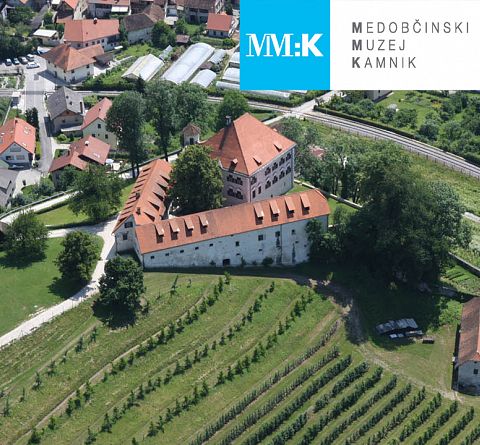Tastes through the centuries
Famous slovene cookbook writer Felicita Kalinšek
When I visit the library, I always look into the corner of discarded books. That's how I came across the famous "Slovenian Cookbook" by nun Felicita Kalinšek from 1952. Terezija was born in Podgorje pri Kamniku to her father Tomaž Kalinšek and mother Uršula (5. 9. 1865 Podgorje pri Kamniku ...
Read more
Read more
A few more interesting things about the ancient Roman world
During bacchanalia (celebrations in honour of the god Bacchus or riotous revelry), men lay down, while women generally sat on chairs.
Traces of ancient Roman cuisine can still be found in our country, and even more so in Dalmatia.
The Romans prepared food in a room they called "culina", ...
Read more
Read more
Time for Roman recipes
Summer and holidays are ideal for experimentation. We are attaching some recipes of dishes prepared by the ancient Romans. Good appetite!
Read more
Read more
Apicius culinary tips
A few tips still useful today from the Roman chef APICIUS GAVIUS MARCUS How to make white wine from red wine Put the bean flour or the white of three eggs in the bottle and shake it as long as possible. The next day the wine will be white. The ash of the white grape vine has the same ...
Read more
Read more
Roman diches and accessories
Amphoras are an indispensable transport container. Without them, there would be no sauces, oils, or even wine in ancient cuisine. Cereals and water were also stored in them. In the kitchen, pots, tripods, pans, mortars and cookers are indispensable. Large storage containers (dolium) were used to ...
Read more
Read more
Garum
Garum – is a fermented fish sauce that was used as a condiment in the kitchens of Phoenicia, ancient Greece, Rome, Carthage and later Byzantium (liquamen is a similar preparation) Ingredients: 0.25 l of grape juice, 2 teaspoons of salted sardine paste, oregano Preparation: boil the juice ...
Read more
Read more
A hint of the Mediterranean - Roman cuisine
When Rome became the navel of the world, the Roman way of life and diet became more and more common in the conquered territories. The majority of the population lived in the countryside. They cultivated the land, grew crops, vines, raised livestock, took care of olive groves, forests etc. Wine and ...
Read more
Read more
Changes in the diet in the Age of Metals
The first Metal Age, the Copper Age (4000 – 2300 BC), occurred after the invention of copper, followed by the Bronze (2300 – 900 BC) and the Iron Age (900 BC until the Roman occupation). The discovery of practical uses of metals importantly affected cooking by enabling the use of cauldrons ...
Read more
Read more
Something about coffee substitutes
The bases for coffee substitutes are very diverse: dandelion or chicory root, acorns, cereal beans, almonds, asparagus, beets, carrots, corn, chicory, dandelion, figs, peas, wheat bran, just right fried and ground potato peels, all this can be used to make a coffee beverage. It tastes similar to ...
Read more
Read more



